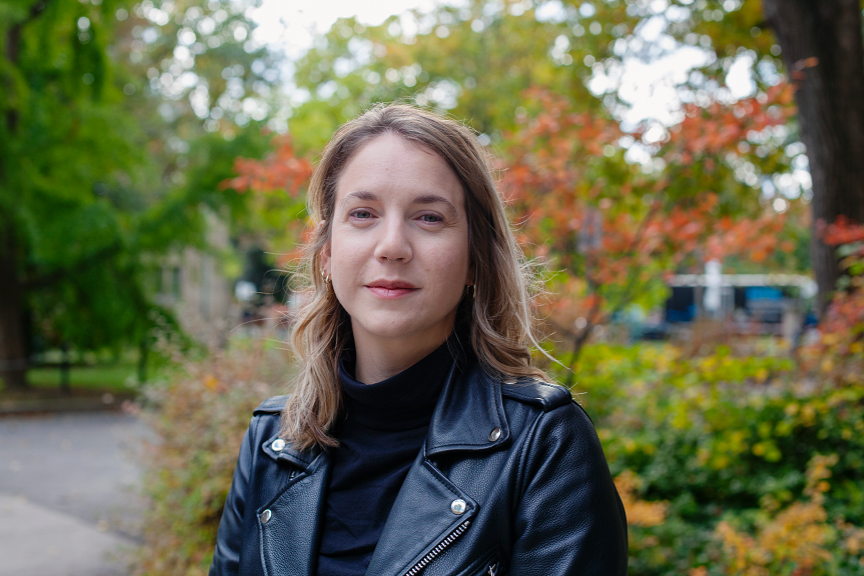Religion
Program Overview
The Department for the Study of Religion offers Master of Arts and Doctor of Philosophy programs in the study of religion and facilitates research and publication on religion. The department consolidates the vast curricular and faculty resources that are distributed throughout the many departments and colleges of the University and enables its students to use any resource in the University which serves the study of religion.
The department conceives the academic study of religion in interdisciplinary terms and embraces humanistic, historical, and social scientific approaches and methods. Programs of study are constructed individually to fit the specific needs and interests of each student. As a guideline for areas of strength in the department, the department is organized by the following fields:
- Anthropology of Religion
- Buddhist Studies
- Global Christianities
- Islamic Studies
- Jewish Studies
- Philosophy of Religion
- Religion, Culture & Politics
- Religions of the Americas & Turtle Island
- Religions of Mediterranean Antiquity
- South Asian Religions
These fields do not determine program requirements. Most faculty and students participate in multiple fields.
At the doctoral level, from the point of admission onward, student programs must be matched with the expertise of at least three professors who help supervise the student’s work. The department’s Graduate Studies Handbook, available on the web and from the department, gives full information on admissions and programs as well as the research and teaching interests of the faculty.
Quick Facts
| Domestic | International | |
|---|---|---|
| Application deadline | MA, PhD: Fall 2024 entry 13-Dec-2023 | MA, PhD: Fall 2024 entry 13-Dec-2023 |
| Minimum admission average | MA: PhD: A- in coursework (with no individual course falling below B) | MA: PhD: A- in coursework (with no individual course falling below B) |
| Direct entry option from bachelor's to PhD? | PhD: No | PhD: No |
| Is a supervisor identified before or after admission? | MA, PhD: After | MA, PhD: After |
| If a supervisor is identified after admission (as per question above), is admission conditional upon securing a supervisor? | MA, PhD: No | MA, PhD: No |
| Is a supervisor assigned by the graduate unit or secured by the applicant? | MA, PhD: Jointly | MA, PhD: Jointly |
| Are any standardized tests required/recommended? | MA, PhD: N/A | MA, PhD: N/A |

“I have been a consistent user of many campus resources, most notably the library system, which is incredible.”
- Judith Ellen Brunton
- PhD Candidate, Department for the Study of Religion
